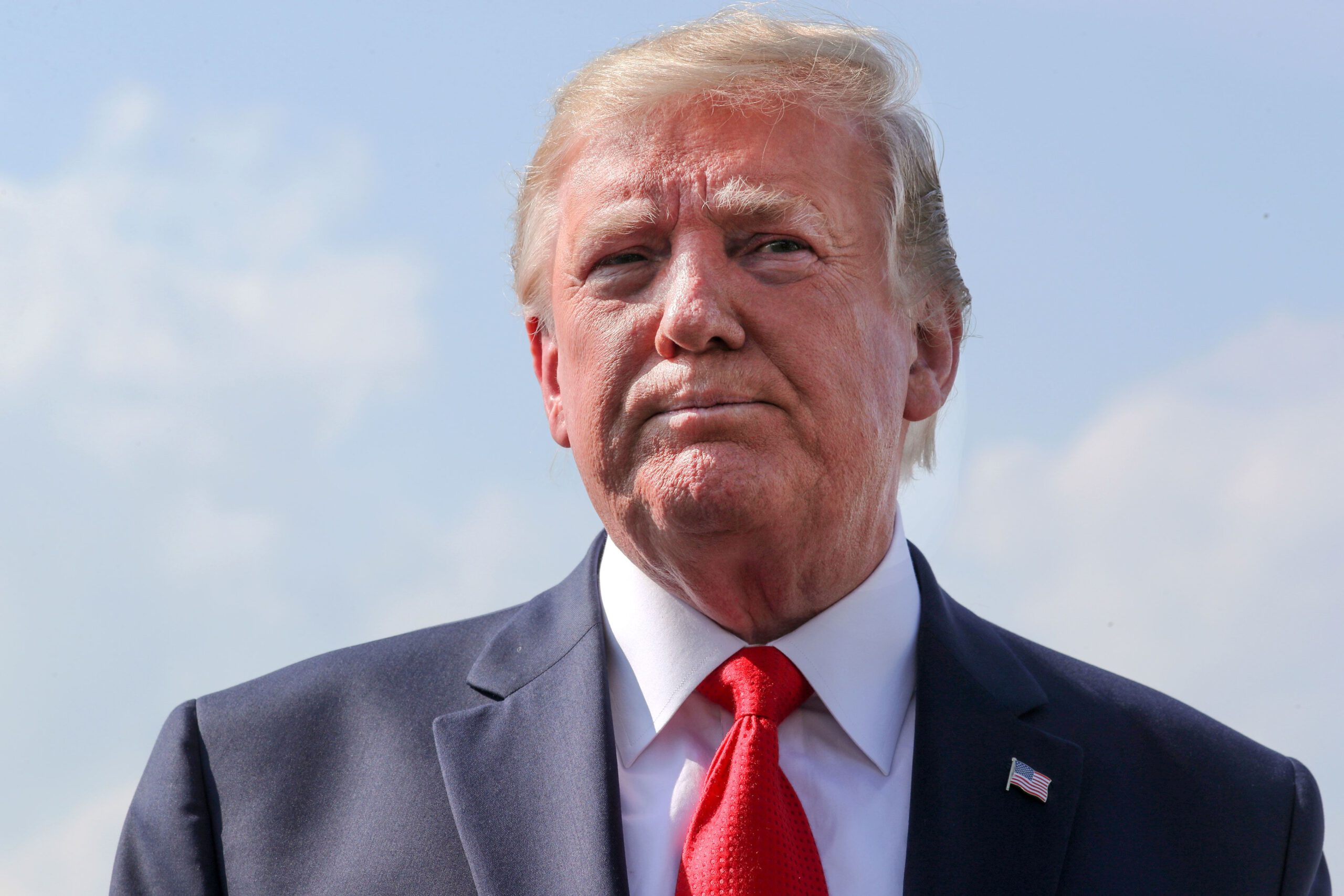
Chinese hackers linked to state-sponsored cyber espionage recently targeted the telecommunications data of former President Donald Trump and his running mate, Senator JD Vance of Ohio, in an effort that appears aimed at gaining high-value intelligence on key political figures. This penetration of the telecom networks by hackers, believed to be part of a sophisticated Chinese group known as Salt Typhoon, highlights an intensified push by foreign actors to monitor the communications of influential figures in the United States.
The hack, which reportedly breached the Verizon phone systems used by Trump and Vance, has prompted federal investigators to examine the potential scope and nature of data accessed. The type of information vulnerable in such an attack could offer adversaries a range of valuable insights. Phone communications, including details on who they contacted, how frequently they communicated with certain individuals, and the duration of calls, can collectively provide a rich tapestry of strategic information that may hold value for China’s foreign intelligence objectives. Additionally, if hackers were able to intercept communications in real-time, the intelligence collected could be used to adjust or redirect policy strategies abroad in response to the actions and potential plans of U.S. officials.
This breach is part of a broader cyber offensive targeting U.S. telecommunication networks, likely driven by the Chinese government’s broader intelligence-collection initiatives. Security experts point to the likely involvement of Salt Typhoon, an advanced hacking collective associated with China. The group’s methods reflect a technical expertise that has enabled it to penetrate deep into the communication infrastructure of multiple U.S. telecommunications providers, including AT&T and Lumen, among others. The intrusions potentially extend beyond Trump and Vance to other prominent political figures across party lines, as indicated by reports of targeting Democratic figures associated with Vice President Kamala Harris’s campaign and high-ranking members of Congress.
The Federal Bureau of Investigation (FBI), in collaboration with the Cybersecurity and Infrastructure Security Agency (CISA), has been active in responding to the breach. Immediately upon identifying the intrusion, these agencies notified affected telecommunications companies and launched measures to support potential victims of the hack. While the investigation remains ongoing, U.S. authorities are working with telecommunications firms to reinforce defensive measures within the commercial communications sector to thwart similar hacking attempts in the future. The scope of the breach, however, has raised alarms within the intelligence and security communities about the vulnerabilities inherent to the nation’s communication networks, particularly as they pertain to national security.
The depth and persistence of the Chinese infiltration into U.S. telecom infrastructure have also drawn attention from federal lawmakers, with intelligence committees in both the House and Senate receiving regular updates on the situation. The members of these committees have expressed concern over the breadth of the breach, which demonstrates advanced skill and a determined focus on U.S. targets. Experts suggest that such an offensive is indicative of a sustained campaign by China to glean insights from high-level communications within the U.S. political landscape.
Beyond the immediate implications for Trump and Vance, the hack may signal a renewed effort by China to assert its intelligence capabilities amid heightened geopolitical competition with the United States. In recent years, Chinese intelligence activities have demonstrated a trend of targeting high-profile individuals and sectors within the U.S. as part of broader espionage efforts. These operations frequently intersect with high-stakes moments in U.S. domestic politics, and China’s cyber strategies increasingly focus on acquiring access to communications and sensitive data, especially from telecommunications channels that connect key decision-makers.
Investigators are now attempting to assess whether the Chinese hackers managed to capture any sensitive data or observe ongoing communications. Such data is often highly prized by foreign intelligence agencies as it offers insights into U.S. political dynamics, policy planning, and the private communications of individuals who shape both domestic and international strategies. Some officials worry that these types of breaches are becoming more sophisticated, highlighting gaps in cybersecurity defenses within critical infrastructure and underscoring the need for heightened vigilance as the U.S. approaches future election cycles.
The incident also reflects a broader landscape of foreign interference and intelligence gathering focused on the U.S., with China, along with countries like Iran and Russia, increasingly using digital espionage to achieve strategic objectives. While China has not taken overt steps to directly influence electoral outcomes, cyber incursions have been detected in various aspects of the U.S. political process. Recent reports suggest that Chinese intelligence agencies have sought to influence congressional, state, and local elections through covert social media campaigns aimed at swaying public opinion or disrupting political stability.
The Chinese government has consistently denied involvement in cyber espionage campaigns, and there has been no direct admission from Chinese officials regarding the recent attacks on U.S. telecommunications networks. Nonetheless, the intrusions come at a time when U.S.-China relations remain strained across multiple domains, including trade, military posturing, and technological competition. As China continues to seek advantages through cyber means, U.S. officials are working to understand the potential implications of the recent hack and secure the integrity of communications infrastructure against further foreign exploitation.
In response to this incident, U.S. federal agencies have intensified their collaboration with telecommunications companies and cybersecurity experts to shore up defenses and anticipate future threats. The breach underscores the importance of secure communication channels for public officials, particularly amid an evolving cybersecurity landscape marked by increasingly advanced threats from state-sponsored actors. Given the scale and potential ramifications of the intrusion, U.S. agencies are preparing for a protracted investigation to fully understand the nature of the breach and to implement strategies aimed at preventing similar incidents in the future.











